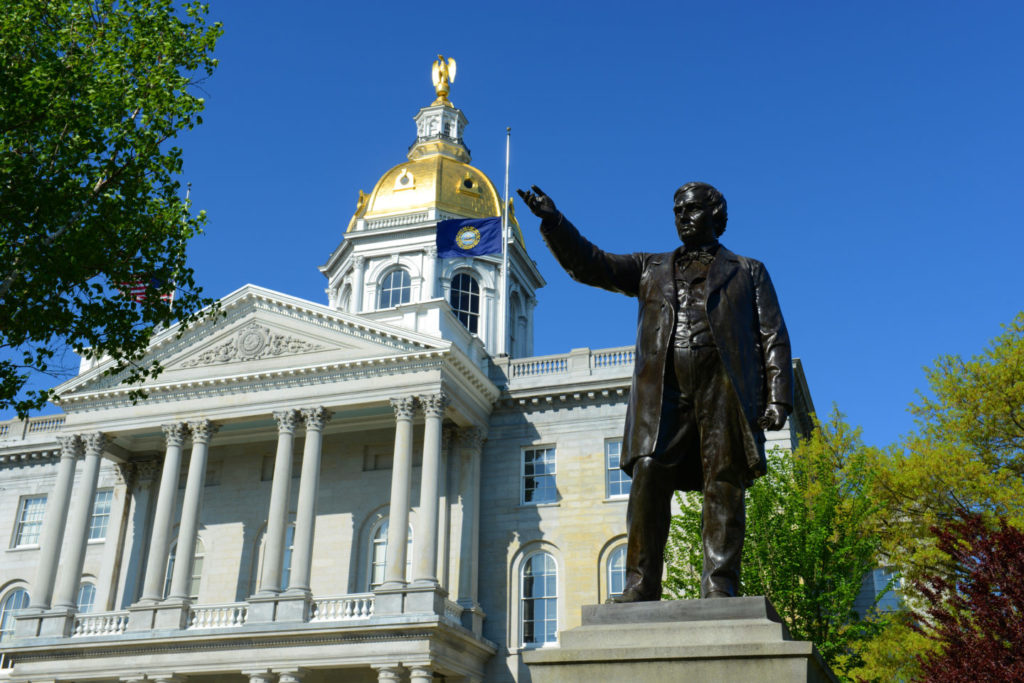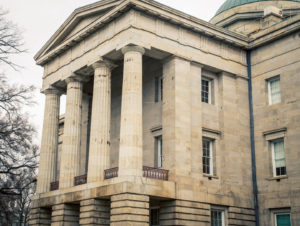New Hampshire faces new lawsuit over school funding
(The Center Square) – A group of New Hampshire taxpayers is suing the state over its school funding formula, claiming it has created inequities by forcing some communities to increase local…

(The Center Square) – A group of New Hampshire taxpayers is suing the state over its school funding formula, claiming it has created inequities by forcing some communities to increase local property taxes to supplement the lack of state funding.
The lawsuit, filed in Grafton County Superior Court by taxpayers from several counties, alleges that the funding formula violates the New Hampshire Constitution which requires an “adequate” level of funding for public schools.
The lawsuit claims the state sets an “arbitrarily low” level of state aid to schools that only pays for about 28% of the cost of public education. As a result cities and towns have to pick up the cost by increasing taxes.
“Because of the great disparities in property wealth among school districts, these local taxes are levied at rates that vary widely from school district to school district, thus imposing disproportionate tax rates on property owners across the state,” the plaintiffs wrote in the 25-page complaint.
Under state law, the school funding formula allocates a minimum of $3,709 per child per year to every school district, which coupled with additional aid adds up to about $4,600 per student.
But the average cost of educating a child in New Hampshire was $18,434 in the 2020-21 school year, according to the state Department of Education.
Cities and towns are forced to pick up the difference from rising property taxes and allocating additional funding in municipal budgets.
The litigants in the case claim that has created inequities between communities, with taxpayers in some cities and towns paying vastly different amounts. They ask the court to force the state to revise its funding formula for schools to reduce the burden on local property taxpayers.
“No state in America relies upon local property taxes to fund public education to the extent New Hampshire does,” the lawsuit alleges.
To be sure, New Hampshire is already facing legal challenges over the funding formula it uses to allocate state money to public school districts.
A lawsuit filed in Rockingham County Superior Court by a group of 16 school districts seeks to force the state to increase the amount of per-pupil funding it provides to school districts. The litigants claim the state’s funding formula is providing an inadequate level of funding to school districts.
Teachers unions argue that a new law authorizing the state to create “education freedom accounts” – which divert public school funding to students to attend private and parochial schools – will only increase the burden of local property taxpayers to fund education.



